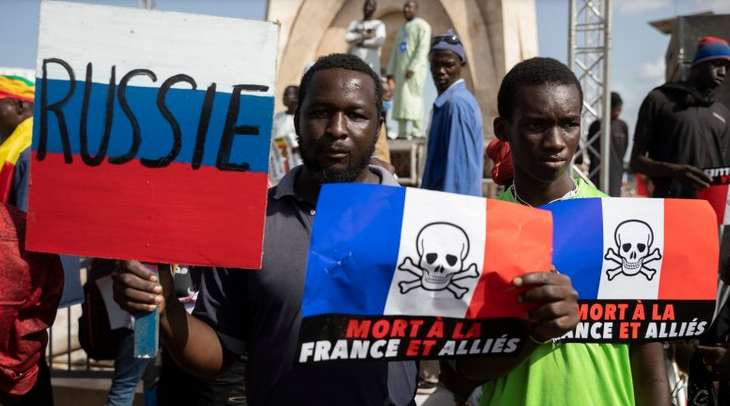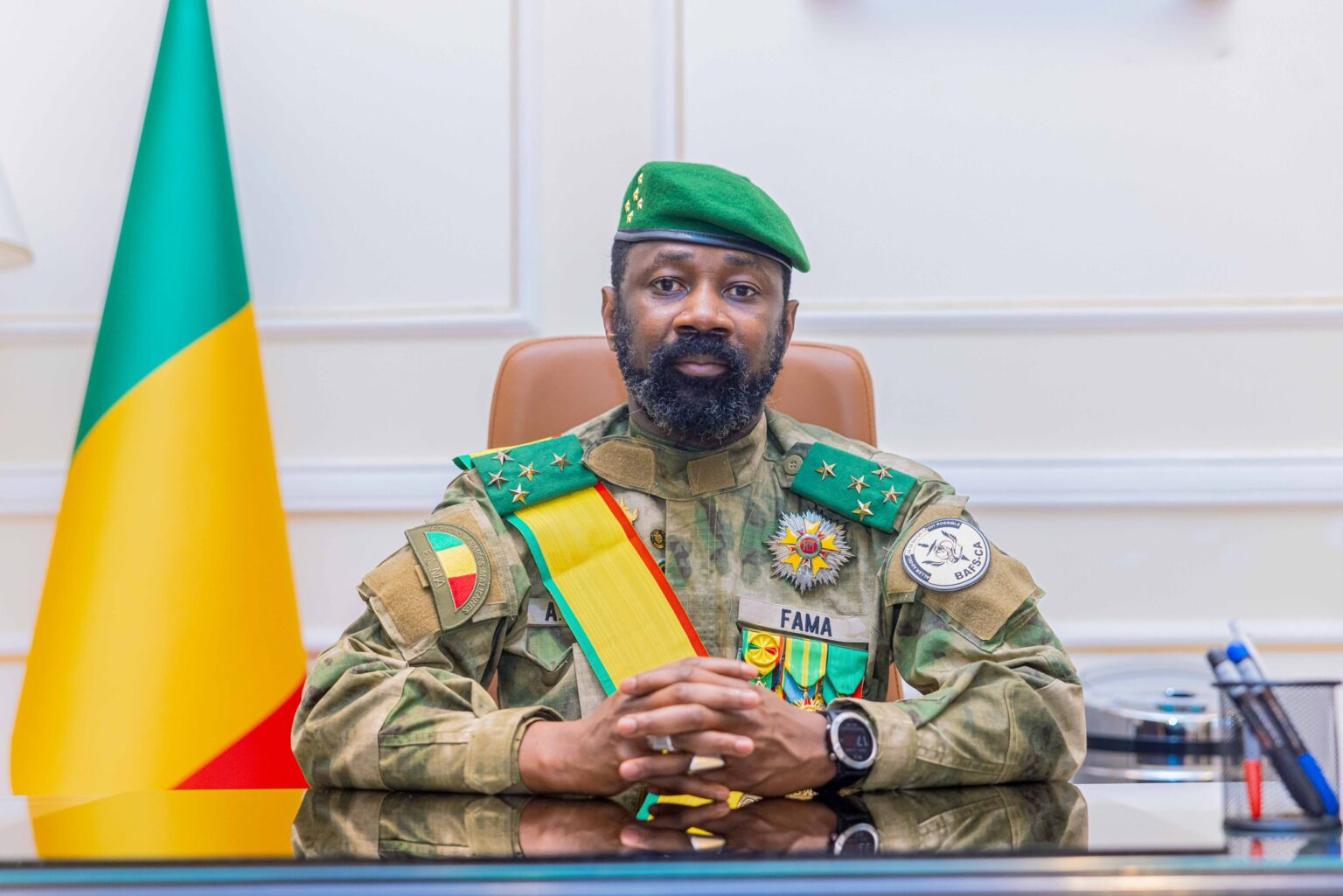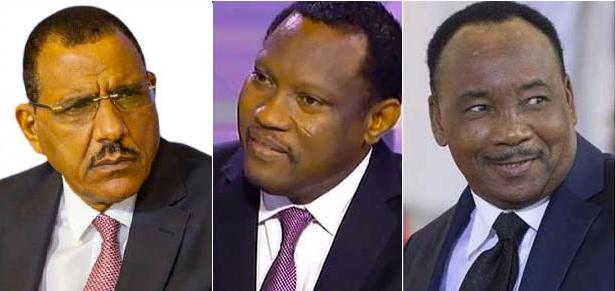The likely implications of Mali’s deal with Russia’s Wagner Group
Published on 2021 December 27, Monday Back to articles
Many Bamako civilians support the junta’s deal with Russia’s Wagner Group
The pending formal deal between Mali’s military junta and the Kremlin-linked Wagner Group — which appears to have already begun with the early January deployment of Russian mercenaries to Timbuktu — is likely to begin this month and will have major implications for Mali, the wider Sahel and West African region, and further afield.
The presence of the Russian mercenaries will actually leave many parts of Mali more exposed to jihadist attack and the civilian population is therefore likely to experience greater insecurity. Mali’s deal with Wagner will almost certainly lead to a termination or major reduction in Western humanitarian and development aid with potentially severe consequences.
It has already led to sanctions from neighbouring countries including the closure of borders, and a severe diminution in economic, political and diplomatic cooperation. This will have damaging implications for much of the country’s civilian and business population.
For the Sahel, it will lead to Mali’s increasing isolation from the other G5S countries with consequent implications for its security as a whole. The Russian presence will cause security anxieties amongst immediate neighbours and most notably Côte d’Ivoire, Guinea, and Burkina Faso.
A Moscow-Algiers-Bamako axis could also have severe implications for the wider region and especially if Wagner trains and supports Polisario forces to attack Morocco in the disputed Western Sahara.
A Russian presence will raise concerns about the future of Mission multidimensionnelle intégrée des Nations unies pour la stabilisation au Mali (MINUSMA) and European forces in Mali. They may well move much or all of their presence from Mali to neighbouring Niger or, like France, begin a withdrawal from the region.
The Mali junta’s failure to meet the agreed date of 27 February 2022 for national presidential and legislative elections has already resulted in further Economic Community of West African States’ (ECOWAS) and international sanctions against Mali.
President Mohamed Bazoum’s more hands-on control of Niger’s hydrocarbons sector should lead to the sector’s increased efficiency and also less likelihood of corrupt practices.
If Mahamat Déby’s proposed pardon to rebels and dissidents is both genuine and accepted — along with associated promises concerning national dialogue and elections — we could conceivably see a marked turnaround in Chad’s political, economic and diplomatic prospects.
If the violence in Burkina Faso continues to escalate, the country could — as the UN’s High Commissioner for Human Rights UN’s Michelle Bachelet has warned — spiral into a humanitarian and human rights catastrophe.
This excerpt is taken from Sahara Focus, our monthly intelligence report on the Sahara region. Click here to receive a free sample copy.


